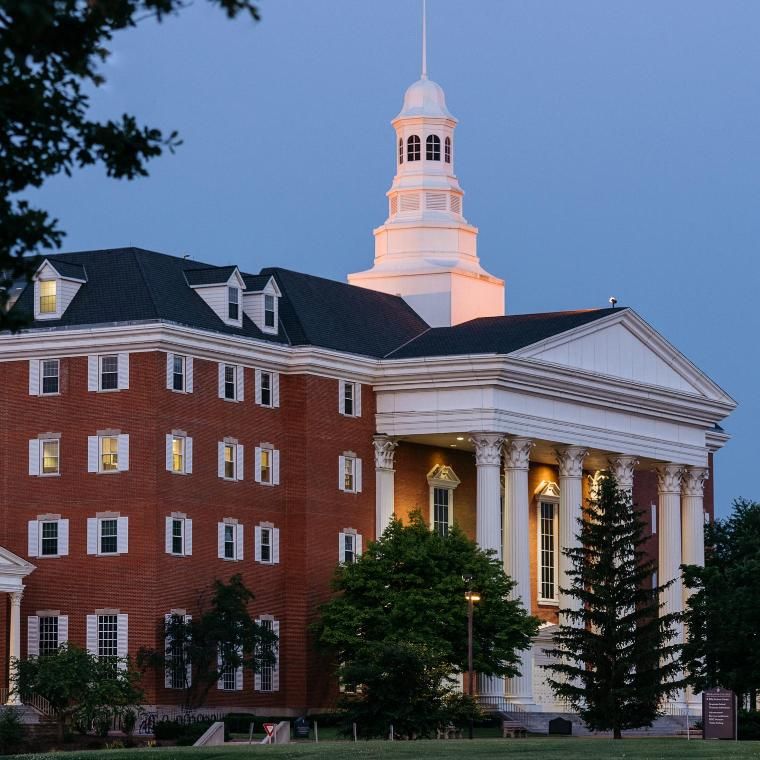Nicholas Piotrowski, Ph.D. 2013
Recipient of the Jeff Meyer Fellowship
President and Academic Dean
Indianapolis Theological Seminary, Indianapolis, IN
The Wheaton Ph.D. program stops at nothing in creating a context for students to excel. From the close contact with senior scholars, to the courses, to the study spaces, to the ILL access, to the funding, students are set up in every way to succeed. Then there are also the endlessly-fruitful conversations with other residential students. My own writing and publication goals are indelibly marked by my time at Wheaton.
As a student I studied the way the Matthean community—as evinced by the narrative structure of the first gospel—understood their place in the tumultuous first century vis-à-vis both Israel’s scriptures and their beliefs about Jesus of Nazareth. My dissertation is called “Scripture and Community: The Socio-Rhetorical Effect of Matthew’s Prologue-Quotations.” I finished it in 2013 under Dr. Nicholas Perrin. The primary locus of my study was the seven formula-quotations in the prologue. I found that these seven quotations work in unison to select an interpretive frame for reading the entire gospel. That frame is shaped by the dynamic between OT expectations surrounding both David and the end of the exile. I conclude that the exile and its end become determinative paradigms for Matthew’s ecclesiology: Jesus is the son of David whose eschatological mission is to end the crisis of exile and re-form Israel. Those who respond to his preaching (summarized in 4:17) and place themselves under the atonement he provides (summarized in 26:26–28, anticipated in 1:21) are Yahweh’s eschatological end-of-exile people. The narrative’s effect on Matthew’s church was the formation of a self-identity in terms of the OT metanarrative’s Davidic and end-of-exile expectations. In turn, it also shaped their understanding of other groups with a competing ideological claim on the same ancient metanarrative.
I am tremendously thankful for the opportunity to study at Wheaton, especially under Dr. Perrin, and for the ways I grew as a thinker, a writer, an historian and a theologian.
